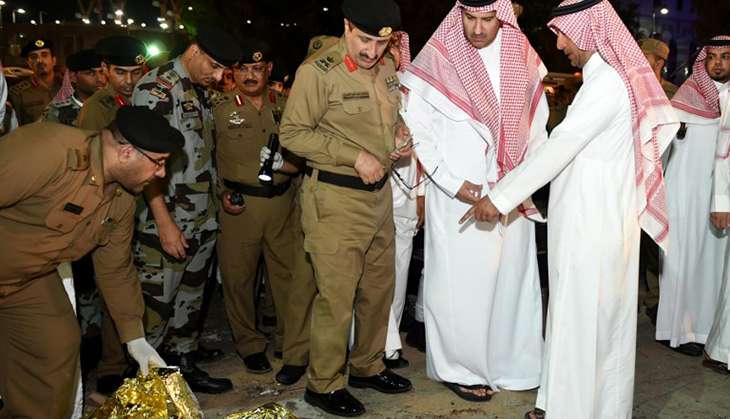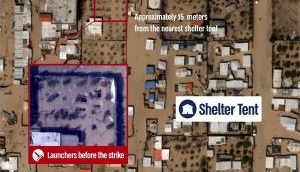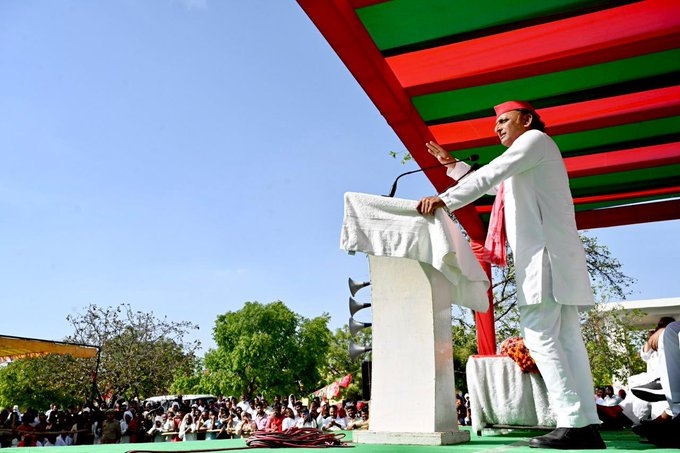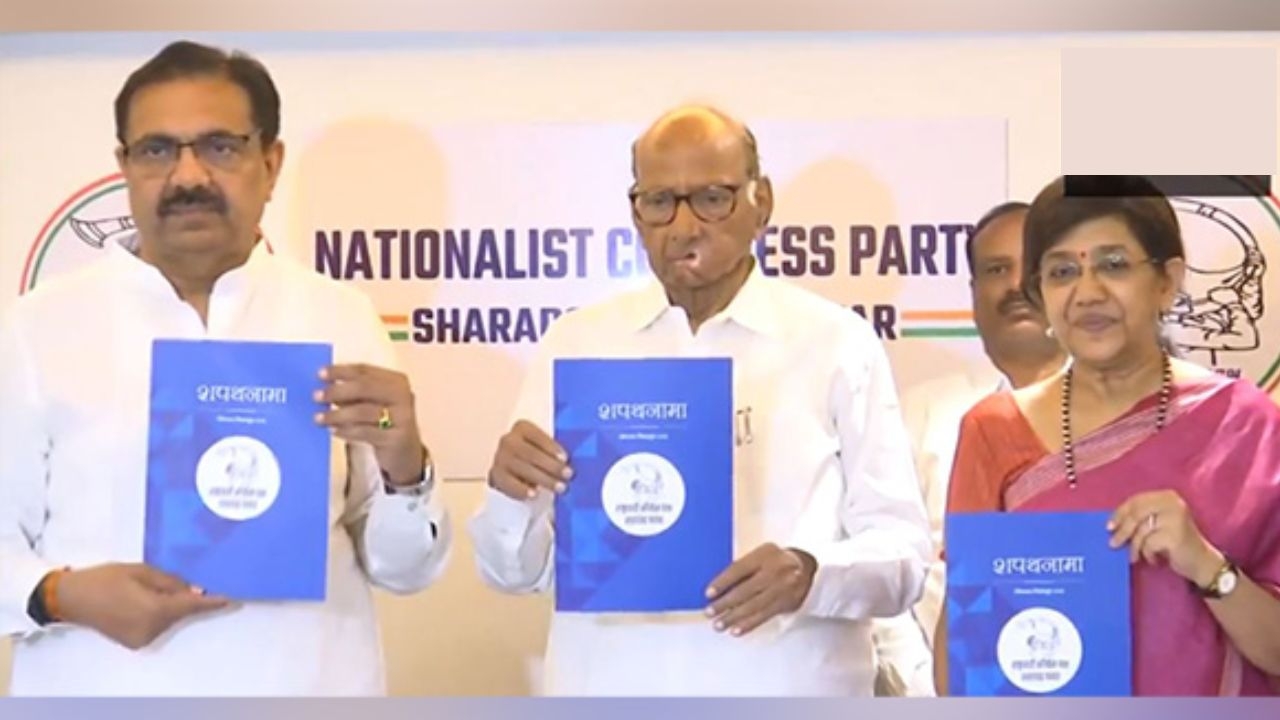Saudi Arabia attacks: Are we likely to see Islamic unity against ISIS now?

This holy month of Ramzan has been particularly cruel and violent for the Islamic Ummah. From Turkey to Bangladesh to Saudi Arabia to Afghanistan, suicide bombers have attacked and massacred the innocent and the defenceless.
Ironically, all these countries are Islamic and the perpetrators have purportedly acted in the name of Islam itself, and that too in the holiest month of the Islamic calendar when all Muslims are enjoined to introspect, spiritually cleanse themselves and do good deeds.
Also read - Terror strikes in Saudi: explosions rock mosques in Medina and Qatif
Three separate attacks occurred in Saudi Arabia on 4 July. The US consulate was a target in Jeddah. In the eastern city of Qatif, which is within the Shia majority region of the country, a Shia mosque was attacked.
The final attack took place in Medina, a city sacred only next to Mecca for all Muslims. Of all these attacks in Saudi Arabia, as well as other Muslim countries, the one in Medina is likely to have, in overall terms, the deepest impact on Muslim sentiment worldwide. The target was the second holiest site in Islam, the mosque associated with Prophet Muhammad himself.
Fortunately the attackers did not reach the mosque itself; otherwise there may have been great unrest in all-Islamic communities.
Claiming responsibility
The Islamic State (ISIS) is claiming responsibility for most of the Ramzan attacks in Islamic countries. It is yet uncertain if these claims are factual or have been made for propaganda purposes.
Certainly, Saudi Arabia, especially the Shia majority areas, has been a continuing ISIS target; hence, the Jeddah and Qatif attacks are not surprising.
However the Medina attack is in a separate category for it concerns the entire Ummah. Nevertheless, in all likelihood, it is their work, for it conforms to their extreme puritanical theology which despises any sentiment for any material object including those which are sacred to hundreds of millions of Muslims.
The ISIS-Saudi Arabia connect
Many observers believe that the Saudis had a role in initially supporting Iraqi Sunni groups that morphed into ISIS with Abu Bakr al-Baghdadi declaring himself as the Caliph and denouncing the royal families of the Arabian Peninsula.
However, once the Caliphate was declared, the Saudis officially could not countenance ISIS though private funds that are believed to still be flowing in some measure to the group.
Saudi opposition to the Assad regime in Syria, the need for the Shias to be checked in Iraq and above all for Iran to face the full opposition of an implacably hostile sectarian group adds to Saudi complexities.
It is therefore noteworthy that in the immediate aftermath of the Medina attack Iranian foreign minister Zarif has called for Islamic unity. It is too early to state if this will lead to a thaw in Saudi-Iranian ties. The chances are remote.
A badgered ISIS
ISIS is under pressure. It has lost territory and its funds are diminishing, especially from the sale of oil. Importantly, Turkey seems to be in course change.
The country's initial approaches, which indirectly aided ISIS, may now be modified. However, the group retains the wherewithal to inflict spectacular terrorist acts.
More significantly, its social media propaganda machine will retain the global capability to influence some Muslim youth to adopt violent means.
That needs to be countered through international cooperation, which has been lacking so far. This is also the time for the Islamic world in particular and all countries and societies to ponder on what is happening in the Ummah.
Here are this writer's thoughts on the matter:
In a generic sense, this is a reflection of a deep malaise within the Islamic world and in some minority Muslim communities. There are multiple causes for these afflictions, but all have the same consequence - deep rage often accompanied by a sense of powerlessness, a profound sense of alienation and perceptions of injustice.
In many cases traditional theologies, endemic to particular countries and regions, are being abandoned and quietest traditions are being set aside in the face of the fierce onslaught of the more aggressive and exclusive theologies of the Arab peninsula.
All this inevitably leads to violent manifestations not only against non-Muslims but also against those who are Muslims but are considered by these groups to be apostates.
These feelings are first spread among the youth and then manipulated to make them the instruments of violence. The exploiters are religious groups as well as states and often a combination of both in a symbiotic relationship.
This has been so in Iraq and Syria, Afghanistan and Turkey as well now in Bangladesh. The follies, often inexcusable, such as the US invasion of Iraq, provide the rationale of victimhood and the need for action to defend as well as a return to past Islamic glory. More often it is the cynical manipulation to serve perceived group, sectarian or national interests.All these basic factors and aspects can be witnessed in the Ramzan violence.
More in Catch -Baghdad bombing: twin explosions kill more than 200
Dhaka attack: emerging details reveal a country at war with itself
Alarm call: why the Dhaka attack is Bangladesh's moment of reckoning
First published: 6 July 2016, 8:46 IST


_251371_300x172.jpg)


![BJP's Kapil Mishra recreates Shankar Mahadevan’s ‘Breathless’ song to highlight Delhi pollution [WATCH] BJP's Kapil Mishra recreates Shankar Mahadevan’s ‘Breathless’ song to highlight Delhi pollution [WATCH]](http://images.catchnews.com/upload/2022/11/03/kapil-mishra_240884_300x172.png)

![Anupam Kher shares pictures of his toned body on 67th birthday [MUST SEE] Anupam Kher shares pictures of his toned body on 67th birthday [MUST SEE]](http://images.catchnews.com/upload/2022/03/07/Anupam_kher_231145_300x172.jpg)






